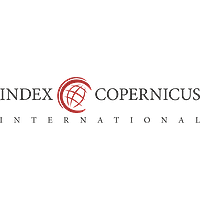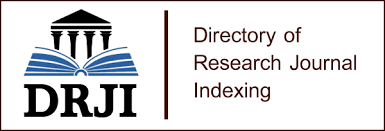A LEGAL ANALYSIS OF THE LAND PLANNING AUTHORITIES AND SUSTAINABLE TOURISM IN ZANZIBAR
Abstract
Starting from planning permission and ending with enforcement powers, the land planning authorities can therefore, as per the NLUP and Vision 2020, play a significant role in the implementation of sustainable tourism development such as in setting the land use framework in a way that fits the tourism industry. Nevertheless, confrontation between the authorities as well as economic, political and social interference has never escaped the planning system. The same applies between public interest against public participation. In terms of economic growth, sustainable tourism industry has a direct role in revenue and employment. Yet, the tourism industry has faced criticism on environmental damage which is a move away from sustainable tourism industry. In analyzing the Zanzibar’s practicalities revealing successes and failures of the land planning authorities in the implementation of sustainable tourism development, this study concludes that Zanzibar favors economic sustainability in comparison to ecological sustainability. Hence Zanzibar is recommended to recognize the importance of not only rationalizing the use to which land is put in sustainable tourism development, but even more importantly ensuring that land and resources are stewarded ecologically for present and future generations.
References
Chalifour, N. et. al. (ed.) (2007). International Union for Conservation of Nature (IUCN) – Academy of Environmental Law Research Studies. Land Use for Sustainable Development. USA: Cambridge University Press. pp.1-4.
Gossling, S. (2002). Human-Environmental Relations with Tourism. Annals of Tourism Research. 29(2). p.545.
Gossling, S. et. al. (2004). Use of mollusc, fish, and other marine taxa by tourism in Zanzibar, Tanzania. Biodiversity and Conservation. 13. pp.2623-2639.
Makame, M. & Boon, E. (2008). Sustainable Tourism and Benefit-Sharing in Zanzibar: The Case of Kiwengwa-Pongwe Forest Reserve. Journal of Human Ecology. 24(2). pp.94-98.
Ross, A. (2009). Modern Interpretations of Sustainable Development. Journal of Law and Society. 36(2).
Tanzania National Census Bureau, (2012). Population and Housing Census, Popular Version – Key Findings. p.2.
Telling & Duxbury (2009). Planning Law and Procedure. (14th ed). New York: Oxford University Press. Paragraph 3.20.
The United Republic of Tanzania (2003). Indicative Tourism Master Plan for Zanzibar and Pemba. p.46.
Published
How to Cite
Issue
Section
License
Copyrights for articles published in Journal of Asian and African Social Science and Humanities are retained by the authors, with first publication rights granted to the journal. The journal/publisher is not responsible for subsequent uses of the work. It is the author's responsibility to bring an infringement action if so desired by the author.
Articles published in Journal of Asian and African Social Science and Humanities are published under the Creative Commons Attribution (CC-BY) license, which permits others to distribute, remix, tweak, and build upon your work as long as they credit you for the original creation.
Â














